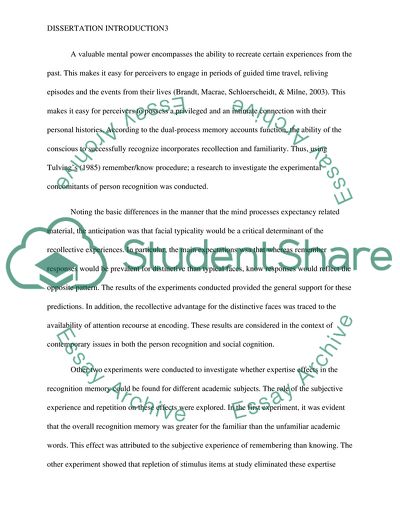Cite this document
(The Concept of False Memory Effect Coursework Example | Topics and Well Written Essays - 2000 words, n.d.)
The Concept of False Memory Effect Coursework Example | Topics and Well Written Essays - 2000 words. https://studentshare.org/psychology/1872926-dissertation-introduction
The Concept of False Memory Effect Coursework Example | Topics and Well Written Essays - 2000 words. https://studentshare.org/psychology/1872926-dissertation-introduction
(The Concept of False Memory Effect Coursework Example | Topics and Well Written Essays - 2000 Words)
The Concept of False Memory Effect Coursework Example | Topics and Well Written Essays - 2000 Words. https://studentshare.org/psychology/1872926-dissertation-introduction.
The Concept of False Memory Effect Coursework Example | Topics and Well Written Essays - 2000 Words. https://studentshare.org/psychology/1872926-dissertation-introduction.
“The Concept of False Memory Effect Coursework Example | Topics and Well Written Essays - 2000 Words”. https://studentshare.org/psychology/1872926-dissertation-introduction.


